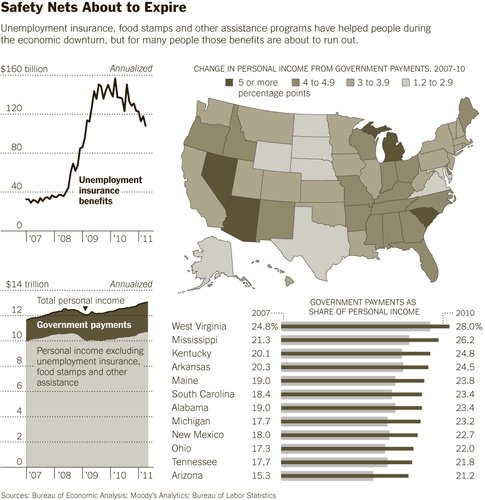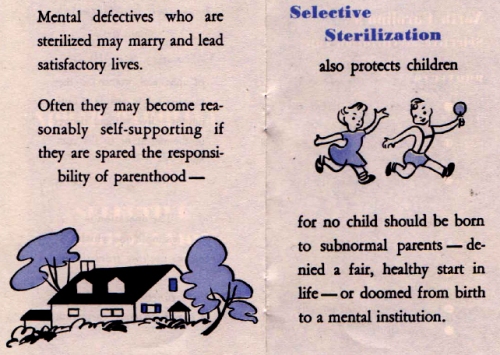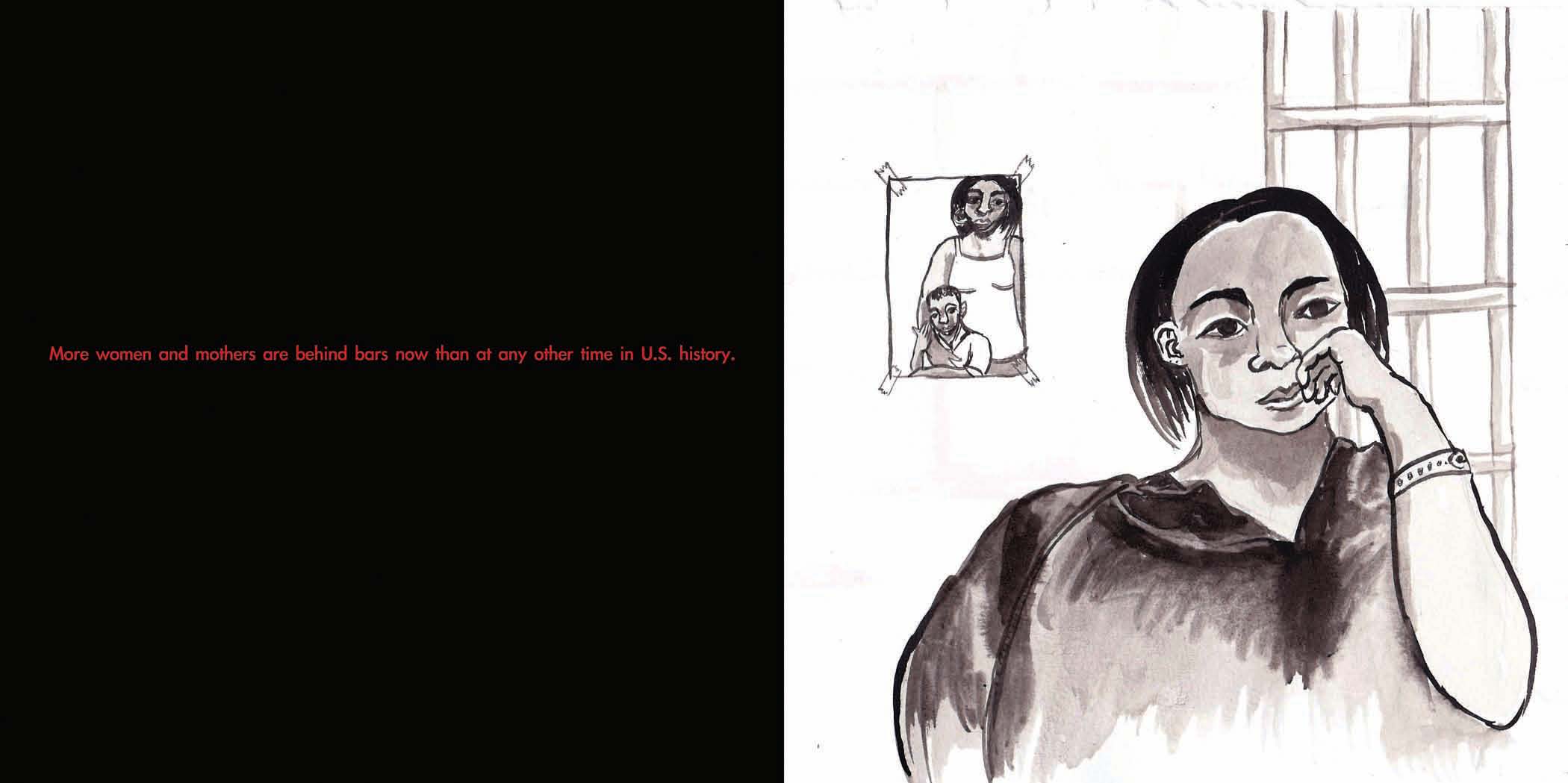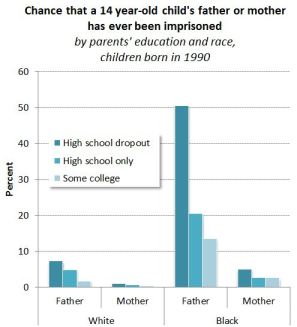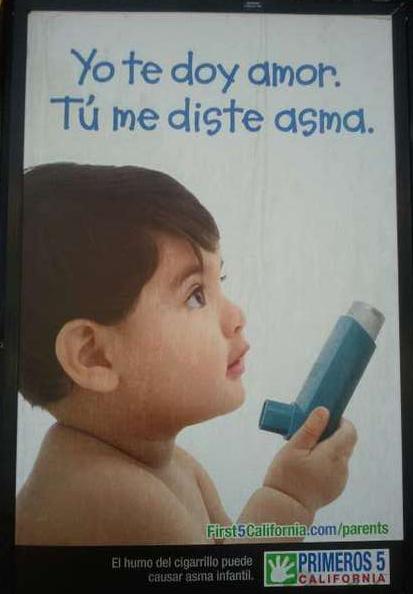The U.K. has passed legislation aimed at reducing the amount of re-touching used in advertising. Sophie R., Dmitriy T.M., and my sister, Keely, sent a link to a news story about two ads, banned this week, for Lancome and Maybelline (both owned by L’Oreal). The Advertising Standards Authority claimed that the ads were “misleading” and an “exaggeration.” “On the basis of the evidence we received, the ruling stated, “we could not conclude that the ad image accurately illustrated what effect the product could achieve.”
The Authority, then, is enforcing a simple truth-in-advertising rule. Still, it’s an impressive victory for activists against a very powerful corporation. Then again, L’Oreal is getting a lot of attention from the news media (and blogs, erg) and these images are going up everywhere, for free.
Lisa Wade, PhD is an Associate Professor at Tulane University. She is the author of American Hookup, a book about college sexual culture; a textbook about gender; and a forthcoming introductory text: Terrible Magnificent Sociology. You can follow her on Twitter and Instagram.



